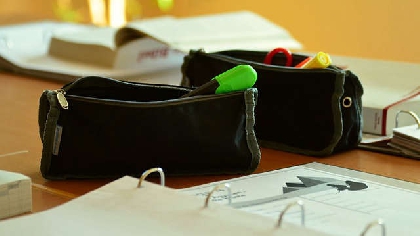
The number of school absences in Buckinghamshire has risen since the pandemic as more children experience ‘anxiety’.
The county’s overall school absence rate was 4.6 per cent in 2018-19, climbing to 7.5 per cent in 2021-22 and 7.2 per cent in 2022-23 – with the data for other years missing due to Covid-19 restrictions.
The overall figures are slightly lower than the national average, however the data for children regularly absent show that Bucks has a ‘serious issue’ with non-attendance at school.
Pupils who have missed more than 10 per cent of school are considered ‘persistently absent’, while those who have missed more than 50 per cent of school are classed as ‘severely absent’.
The number of persistent absentees in the county rose from 7,575 before the pandemic to 15,825 in 2022-23, while the number of severe absentees went from 525 to 1,350 over the same period.
The data comes from Buckinghamshire’s 236 state-funded schools and academies, which were attended by 88,304 children and young people as of 2023. The data for the latest year it is not yet available.
The figures were included in a cross-party review by Bucks councillors, which was presented to a meeting of the children’s and education select committee on September 5.
The review, which gathered evidence from staff from a range of 11 primary, secondary and special schools from across the county, found that ‘anxiety had increased as a reason for non-attendance’ and was said to have affected children as young as six in one school.
One school noted that ‘anxiety is widespread’, with teachers suggesting that more information on ‘what anxiety is’ be made available to parents.
Cllr Lesley Clarke, who chaired the review, said: “We found that a lot of children actually thought they had mental health issues.”
Speaking during the education committee meeting, the councillor acknowledged that while some children do have issues with their mental health, some were also experiencing anxiety, a certain of amount of which, she said, was ‘quite normal’.
She continued: “We need to actually explain anxiety to young people, that it is one of those things that is a natural phenomenon that we all suffer from.”
Cllr Diana Blamires, who also took part in the review, said schools reported that children would say things like: “My best friend has just broken up with me in the playground. I am suffering from anxiety.”
The councillor suggested that the council considered launching a communications campaign to help the parents of children, some of whom who say they come across information about ‘anxiety’ on social media.
She added: “Their children are saying, ‘I’ve seen something on social media. I’m anxious’. It was something that came across a lot. There is a real problem here.”
Cllr Blamires also said that some attitudes towards attendance appeared to have ‘changed forever’ after the pandemic, with parents ‘routinely’ taking their children out of school for days off.
The council’s school attendance team issued 78 penalty notices for irregular school attendance and 1,650 for unauthorised leave during the last academic year.
Committee chair Julie Ward said: “There is no excuse for taking your child out of school to go on holiday term time, no matter what the climate is or wherever they may want to go.”
The council’s education director Michael Jarett told the committee that he had seen ‘huge increases’ in ‘emotionally-based school refusers’ and ‘children who have severe anxiety’ at a pace he had ‘never seen before’, both in Bucks and nationally.



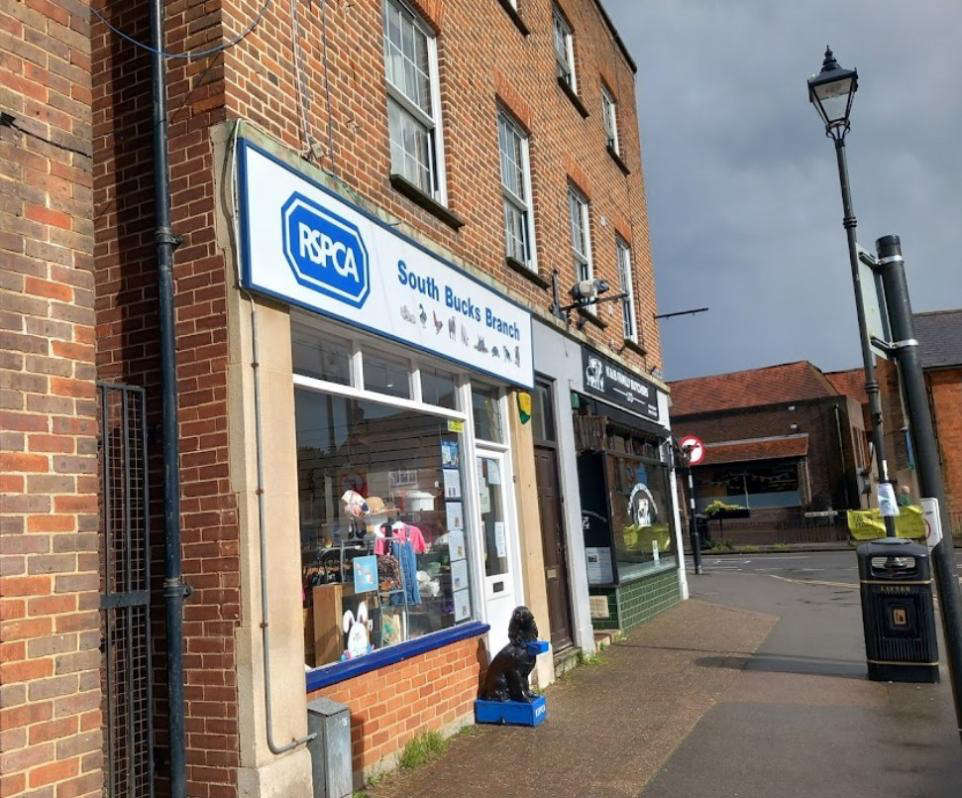 Long-Standing Charity Shop Closing
Long-Standing Charity Shop Closing
 Aylesbury Youth Motor Project Grand Opening
Aylesbury Youth Motor Project Grand Opening
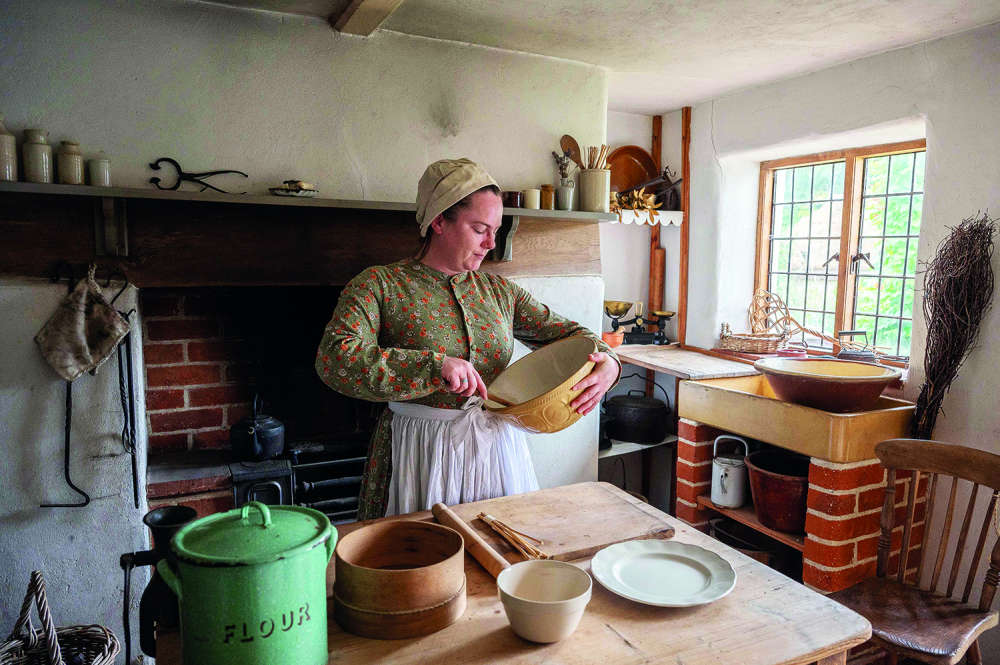 Chiltern Open Air Museum Awarded Grant by the National Lottery Heritage Fund
Chiltern Open Air Museum Awarded Grant by the National Lottery Heritage Fund
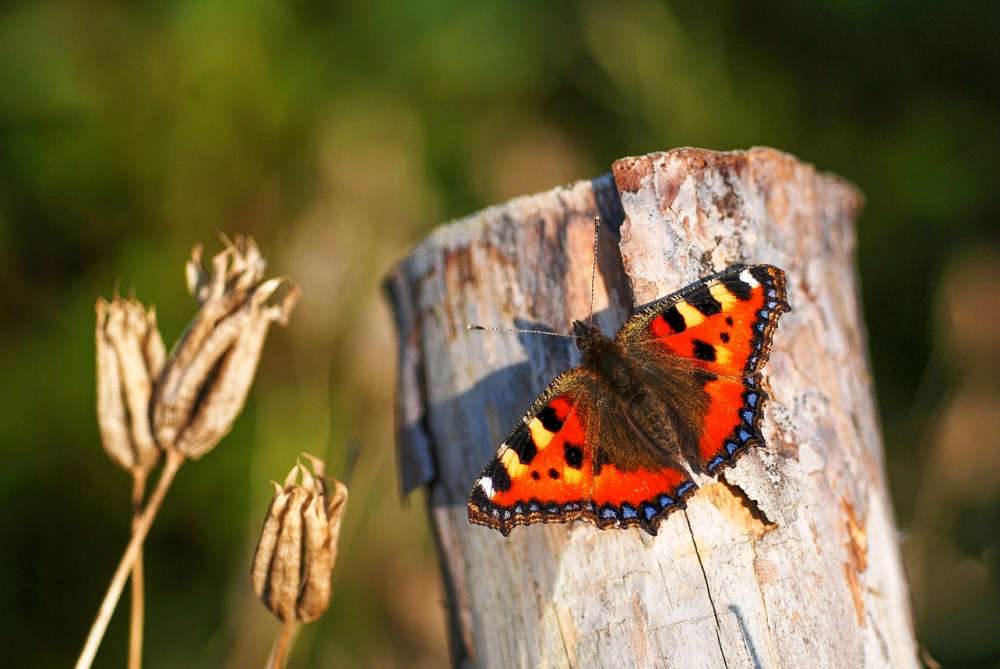 2024 Officially one of the Worst Years on Record for UK butterflies
2024 Officially one of the Worst Years on Record for UK butterflies
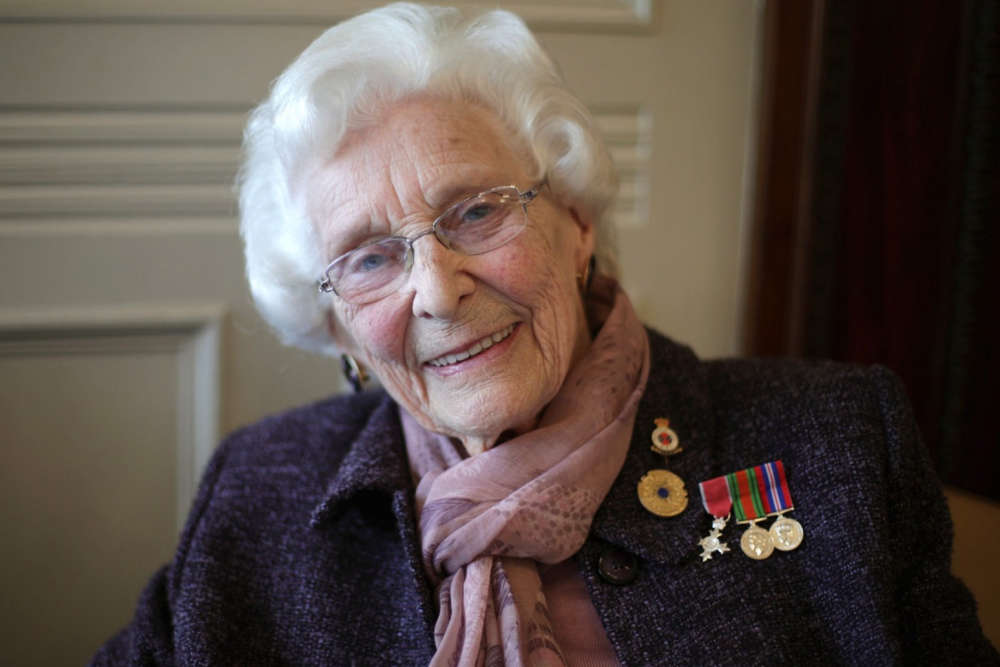 Bletchley Park Codebreaker and War Hero Betty Webb Dies at 101
Bletchley Park Codebreaker and War Hero Betty Webb Dies at 101
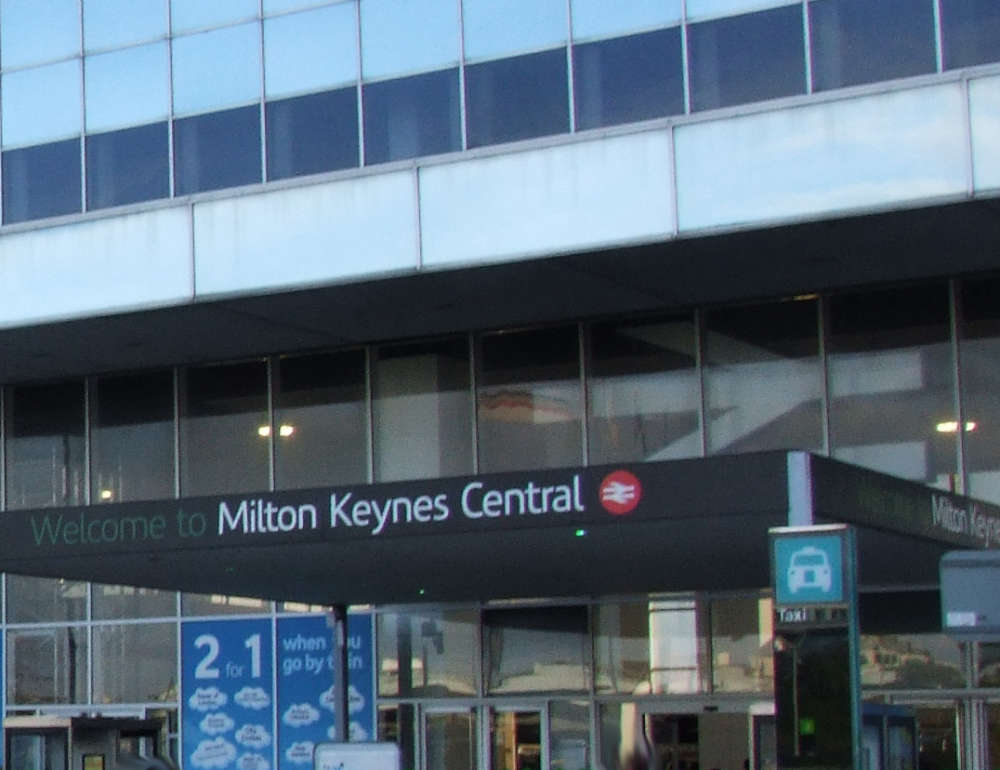 Man Fatally Shot by Police in Milton Keynes Incident
Man Fatally Shot by Police in Milton Keynes Incident
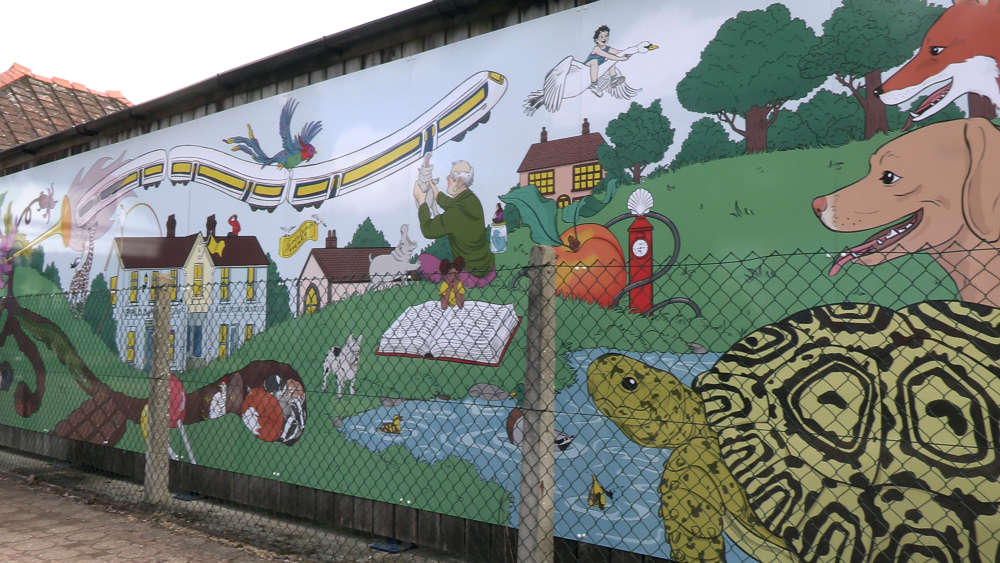 A Scrumdiddlyumptious Eye-Popping Mural Unveiled at Great Missenden Station
A Scrumdiddlyumptious Eye-Popping Mural Unveiled at Great Missenden Station
 A Home for Straw Hat Plaiting at Amersham Museum
A Home for Straw Hat Plaiting at Amersham Museum












